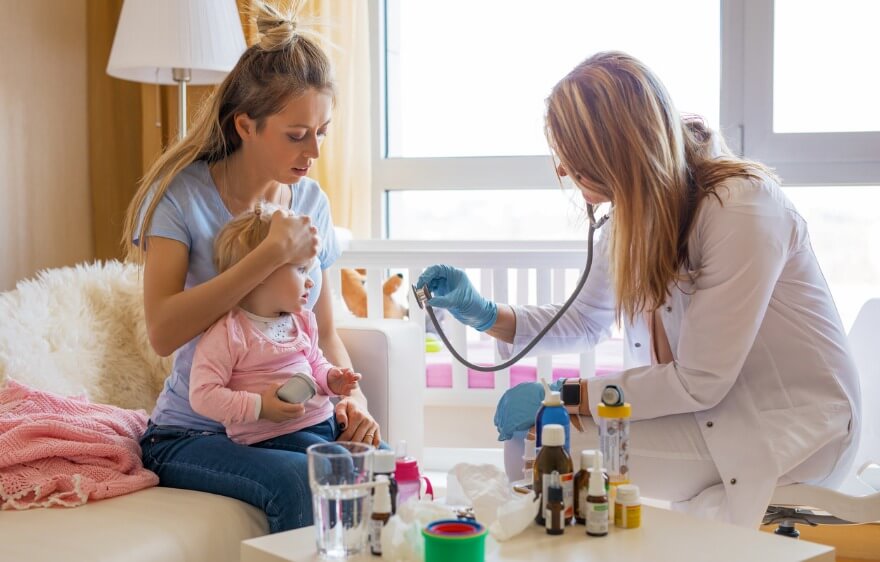Navigating Care
A blog to guide families, nurses, and therapists in their care journeys.

Gratitude Activities for Kids
November 26, 2025
As the cooler autumn air rolls in and the days get a little shorter, we find ourselves approaching a season that encourages reflection, warmth, and thankfulness. Thanksgiving is more than just a time for turkey and pumpkin pie — it’s...
Recent Blogs





